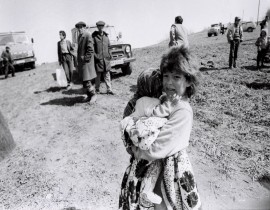Politicon.co
Paramilitary groups in Central and Eastern Europe : necessary or outdated?
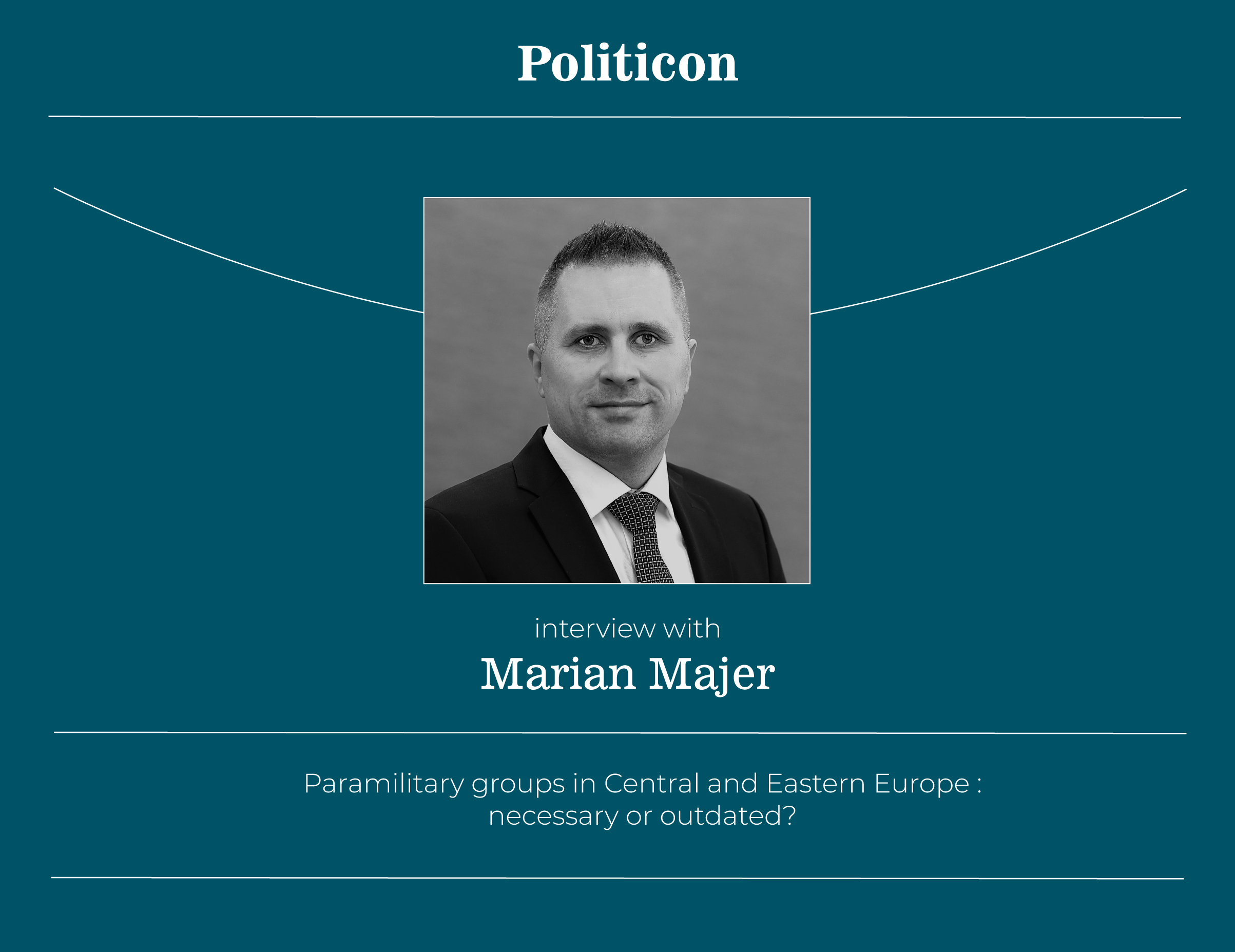
The operation of paramilitary groups in Central and Eastern Europe has been quite active, albeit less publicized, in recent years. The Ukraine conflict seemed to activate such organizations. Marian Majer, senior researcher at the Central European Policy Institute (CEPI), provides information on such units, especially those in Slovakia and situation around them.
Huseynov: Dear Mr. Majer, past couple of years, the paramilitary groups in Central and Eastern Europe have been paid some attention to and become a topic of some researches. In the Baltic countries they are part of National Armed Forces, whilst in the Visegrad nations they mostly operate independently. What are the main reasons of the latter?
Majer: Paramilitary groups operating in Slovakia (or any other Visegrad countries) are completely independent from the state structures. The main reason is that both their goals and ideological backgroundare in contradiction to the official and mainstream democratic baseline of the state.
Do these paramilitary groups, especially in Central Europe, enjoy robust positions and attract new recruits? Where do they get funding and weaponry from?
It is quite difficult to assess the strength of these groups realistically as they differ from one case to another. Generally speaking, they consist of dozens rather than hundreds of people. Recruitment is ongoing but the overall number is not increasing dramatically. In most cases they are self-funded (contributions from members or other voluntary contributions), although in some cases there are rumours some wealthy entrepreneurs also support them. The same applies to the weaponry – in Slovakia, the owner of a company producing hand guns is told to back one of those groups.
One more special fact from Slovakia: the party of Marian Kotleba (LSNS), which qualified to the national parliament in March 2016 is organising “protection units” operating in the Slovak trains. Members of parliament from LSNS are participating in these units.
The aforementioned units demonstrate an anti-NATO position and strongly endorse Russia. Do they enjoy the reverse support from Moscow?
There is no evidence about any direct support coming from Russia. Nevertheless, Russia is investing heavily in disrupting European stability (mostly through propaganda campaigns), it is unlikely there is currently a direct funding to these groups. Therefore, it seems that anti-NATO and pro-Russian positions are resulting mostly from ideological background of the members of paramilitary groups or simply from their anti-system positions.
In most cases, these units are “composed of far-right elements” and openly advocate “anti-establishment, nationalist” ideas. What kind of relevant actions the national governments do towards them?
So far, there has been quite a limited action from the national governments. Just to mention, the law on participation of the Slovak citizens in foreign military organizations (such as military groups in Donbass, Ukraine) was changed last year. There was no action against those “train protection forces” (in spite the fact they are diminishing the role of official security forces in Slovakia) nor any other substantial limitations on the activities of these groups in Slovakia. The main argument for “inaction” is that these groups behave within legislative rules and there are no legal reasons to intervene.
Two organizations called the Slovenskí Branci (Slovak Recruits) and Vzdor Kysuce (Kysuce Defiance) operate in Slovakia. What is the public opinion towards them?
Slovenski Branci and Vzdor Kysuce (as well as its “political twin” Slovenské Hnutie Obrody) are competing for the public support with Marian Kotleba and his political party LSNS. As I have already said, Kotleba attracted very significant public attention before as well as after the parliamentary elections in March 2016 (the party gained around 8 percent of votes) and he is now presented as the main problem for other radical groups when it comes to capitalizing on public support. Therefore, it can be expected further political tensions between LSNS and Slovenské Hnutie Obrody (and its military wing Vzdor Kysuce). Slovenski Branci is operating quite independently with very limited public backing.
What is your forecast regarding such groups: will they earn more ground and public sympathy or slowly fade away and disappear from the socio-political lives of their respective countries?
The future of these groups will depend on the further political development of the political systems in Central Europe. There is a spread of public frustration from the current situation due to various problems with low political stability, corruption, low effectivity of state and intergovernmental institutions. Because of that, people are simply attracted by easy and radical solutions/ideas. For this reason, I do expect these groups to remain a relevant part of political systems in Central Europe.
![]()
- TOPICS :
- Military
- REGIONS :
- Eastern Europe

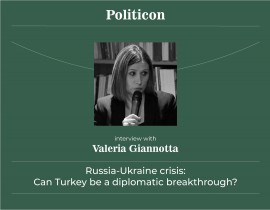
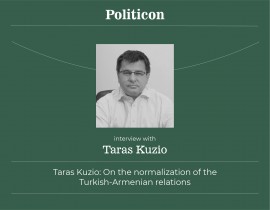

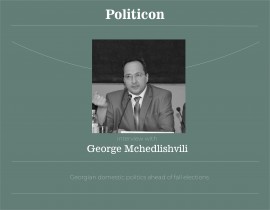
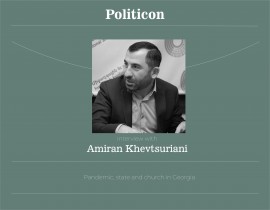

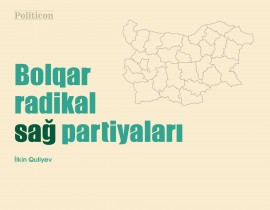
jpg-1599133320.jpg)
